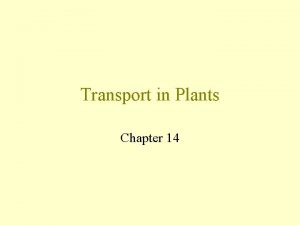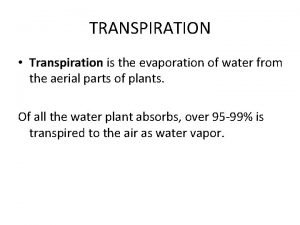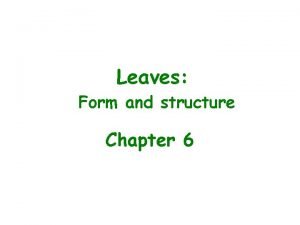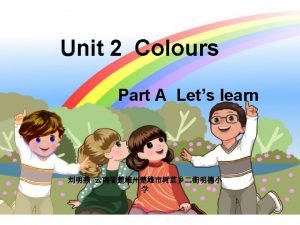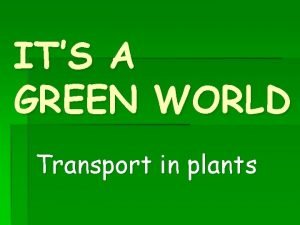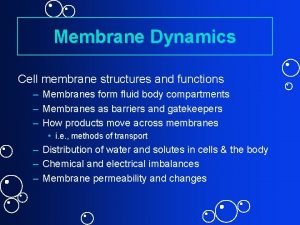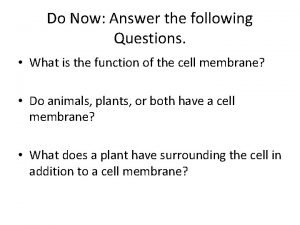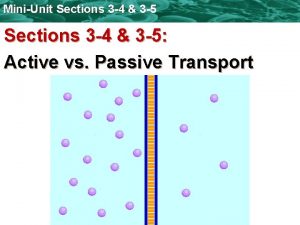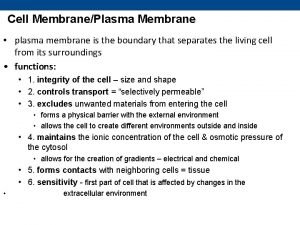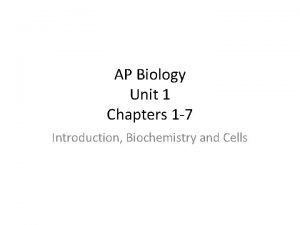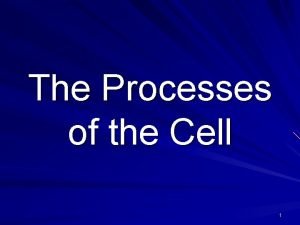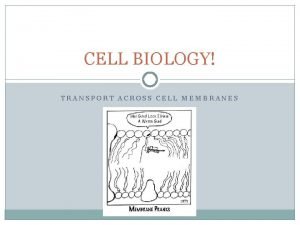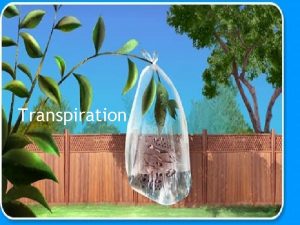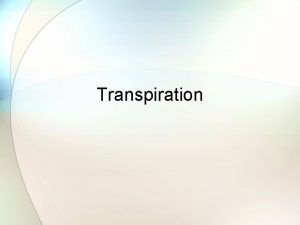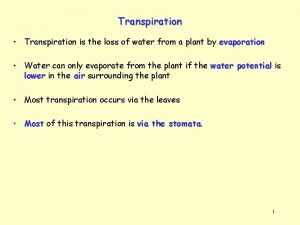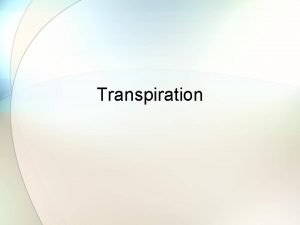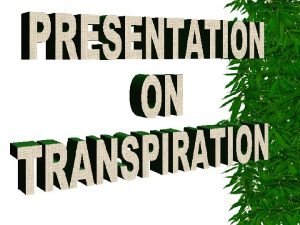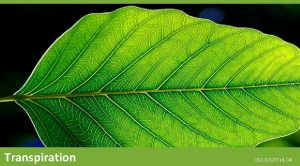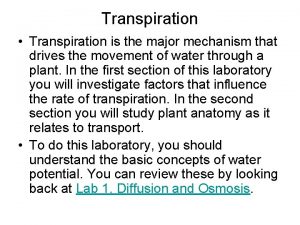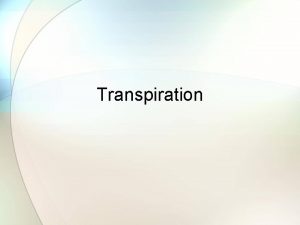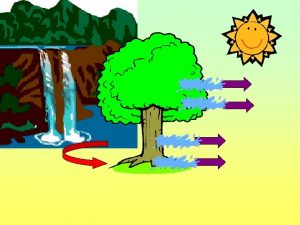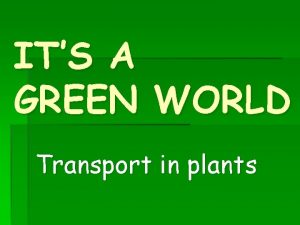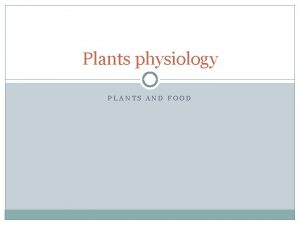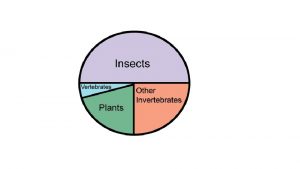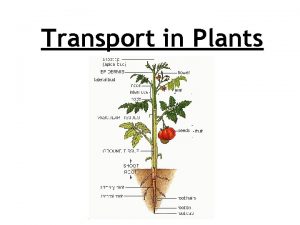ITS A GREEN WORLD Transport in plants Transpiration















- Slides: 15

IT’S A GREEN WORLD Transport in plants

Transpiration - recap § Private life of plants - xylem, phloem animation

Starter How can you tell the age of a tree stump? Count the growth rings Tree rings showing variation in growth from year-to-year, a function of changes in climate

Transport in plants Learning objectives § Relate plant structure to function § Describe the arrangement of xylem and phloem in plants § Describe the structure of xylem and phloem and relate it to function Success criteria Students should be able to: § Identify the xylem in plant stems § Draw a diagram showing the basic structure and arrangement of xylem and phloem in roots, stems and leaves.

How are plants adapted for transport? The structures of cells and tissue in different parts of the plant are adapted to allow transportation of essential materials. Flowers allow the plant to reproduce Leaves are entry and exit points for the gases needed by plants. Stems connect the roots to the leaves, flowers and fruits. They contain cells specially adapted for transportation of water, minerals and sugars. Roots absorb water and minerals from the soil.

Which cells transport nutrients? Plants contain two types of cell adapted for transportation. Xylem cells transport water and minerals up the stem from the roots to the shoots and leaves. This transport occurs in one direction only. Phloem cells transport sugars produced in the leaves up and down the stem to growing and storage tissues. The cells are arranged in plants as vascular bundles. Both phloem and xylem form continuous systems connecting roots, stems and leaves. 6 of 40 © Boardworks Ltd 2007

Inside a plant stem

Transport in plants § Examine the plants that have been standing in dye for 2 days. § Can you identify the xylem?

What are vascular bundles? 9 of 40 © Boardworks Ltd 2007

Transport in plants Using the textbook draw the arrangement of the vascular bundles (xylem and phloem) in: § A root § A stem § A leaf

How is xylem adapted for transportation? Remember that water and minerals travel in xylem vessels. Xylem vessels are strengthened by a substance called lignin. Lignin is produced in dead cells. The thick walls of xylem cells also help support plants.

How is phloem adapted to transportation? Phloem cells are living and carry sugars. The sugars are carried to growing parts and storage parts such as fruit. The cells are sometimes called sieve tubes and are separated by structures with holes called sieve plates.


Cells in the vascular bundles 14 of 40 © Boardworks Ltd 2007

Transport in plants Learning objectives § Relate plant structure to function § Describe the arrangement of xylem and phloem in plants § Describe the structure of xylem and phloem and relate it to function Success criteria Students should be able to: § Identify the xylem in plant stems § Draw a diagram showing the basic structure and arrangement of xylem and phloem in roots, stems and leaves.
 Transpiration in plants
Transpiration in plants Cuticle transpiration
Cuticle transpiration Internal structure of leaf
Internal structure of leaf Red green show
Red green show Structure of xylem
Structure of xylem What does shakespeare head symbolises
What does shakespeare head symbolises Far far from gusty waves figure of speech
Far far from gusty waves figure of speech Uniport symport antiport
Uniport symport antiport Membrane structures that function in active transport
Membrane structures that function in active transport Passive transport vs active transport venn diagram
Passive transport vs active transport venn diagram Active vs passive transport venn diagram
Active vs passive transport venn diagram Unlike passive transport active transport requires
Unlike passive transport active transport requires Primary active transport vs secondary active transport
Primary active transport vs secondary active transport Bioflix activity membrane transport active transport
Bioflix activity membrane transport active transport Passive trnasport
Passive trnasport Selectively permeable definition biology
Selectively permeable definition biology
